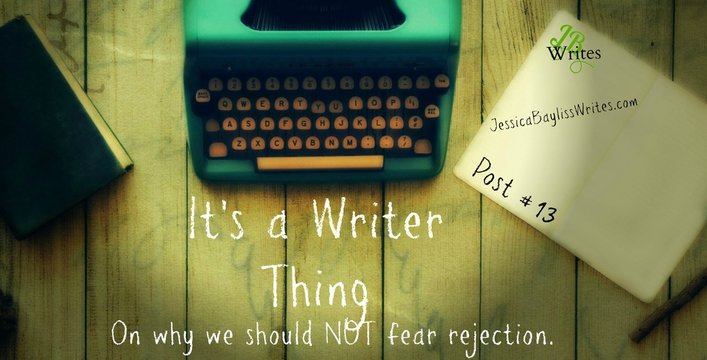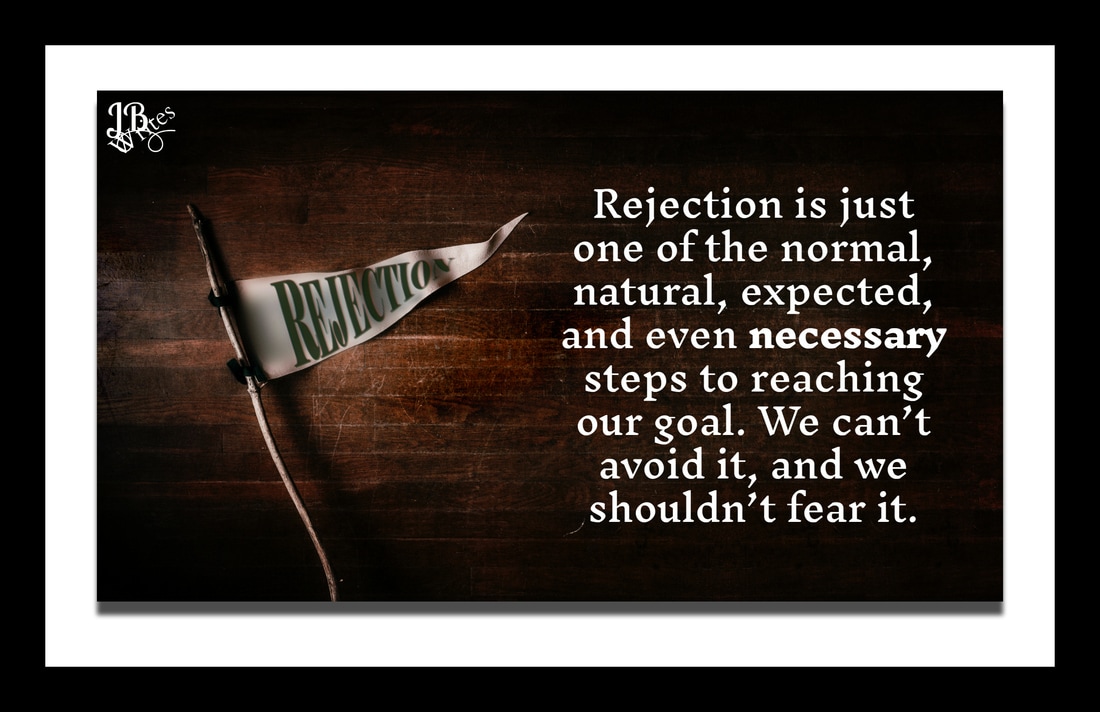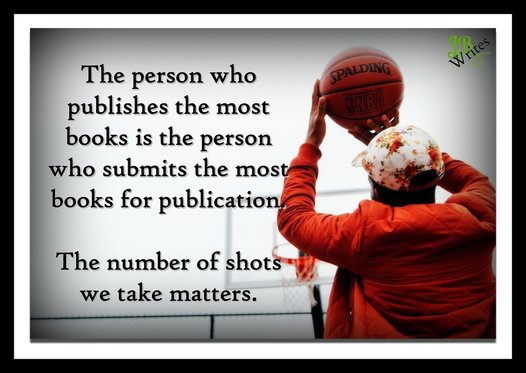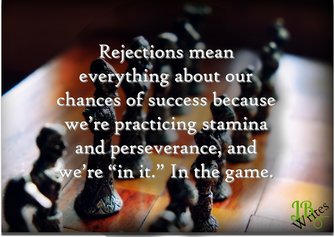some of you may know that back in May I signed with my agent (which you can read about here), and just about a month ago, we received our first offer for the publication of my debut novel (which you can read about here).
In the midst of all this, I wrote my 9th short (a silly, horror story), for an anthology. Long story short (no pun intended), it wasn’t selected. (Boo!) But, my dear friend, G Marie Merante’s story was, and you can check out the book, UNLEASHED: MONSTERS VERSUS ZOMBIES, right here. Of course, like any dedicated writer, I sent my piece out to a different market, another anthology. Well, two days ago, that second press rejected my poor little story. So, I sent it right out the next morning to a horror lit mag. A few hours later, I had my third rejection for this piece. That was 2 rejections in about 15 hours. (BTW, I recently counted up my total number of rejections, and I won’t share that tally here, but trust me, it’s a healthy sum.)
In response to this news, my hubby asked, “What’s rejection like now that you sold your first book.” I pondered that for a moment. My answer was: “It sucks just as much today as it did the first time.” And that’s the truth, 100%. But, I also want to suggest a cognitive reframe, because I also believe 100% that rejections really don’t matter. Not at all.
How can that be?
In THE ART OF WORK, Jeff Goines defines “The 7 characteristics of a calling,” which include Apprenticeship and Practice. How do these concepts translate into rejection not mattering? First, one quote from Viktor Frankl: “What man actually needs is not a tensionless state but rather the striving and struggling for some goal worthy of him…the call of a potential meaning waiting to be fulfilled by him.”
No, I’m not trying to say that it’s the suffering and struggle that we should embrace, but in some regard, that’s exactly what I’m saying. Back to Goines: in THE ART OF WORK, Goines talks about how we need to remember that Apprenticeship and Practice are essential steps in any road to any goal. Thinking about Gladwell’s “10,000 Hours to Mastery” principle, it really takes us a long time to get good at anything.
I think of perseverance in writing the very same way. We need to get used to the dreaded r-word because rejection never ends. Even if we become huge successes (and I hope we all do!), we’re still going to face rejection in the form of poor reviews and readers who dislike our work. So we need to practice that part too—sticking with it even when rejection happens.
Rejection is just one of the normal, natural, expected, and even necessary steps to reaching our goal. We can’t avoid it, and we shouldn’t fear it.
| How do we make the jump from accepting rejection to not fearing it? Here’s how. Rejection means we’re putting ourselves out there. It means we’re “in it” (to quote my favorite exercise celebrity, Shaun T). The fact of the matter is, the person who publishes the most books is the person who submits the most books for publication. The number of shots we take matters. Simple as that. We can’t wrack up a bunch of yes’s unless we collect a bunch of no’s. In their “How I got my agent” stories, some helpful authors post their query stats. When I |
And I know what you’re thinking: What about those authors who hit big with their first book? Yes, those folks exist, but they are total outliers. Good for them! But for every story like that out on the internet, there are probably 100 stories about the long, slow slog toward success. The good news is, during that slow slog, we’re doing our Apprenticeship where we’re accumulating those 10,000 hours of Practice.
Back to Goines: He actually calls Practice “painful practice,” and says if you’re not feeling at least a little bit of pain, you’re probably not doing it right. Does this remind you of that Frankl quote? Now, I really don’t wish suffering on any of us, but I think this is immensely powerful because it normalizes the painful part of this journey. It’s normal to feel the sting of rejection. Discouragement will happen. Even tears. (Okay, a lot of tears.) And they’re okay. They don’t mean anything about our chances of success. Or, to turn that around, they mean everything about our chances of success because we’re practicing stamina and perseverance, and we’re “in it.” In the game.
This all boils down to my motto: The only way we won’t succeed is if we stop trying. As long as we don’t quit, we can’t possibly fail.





 RSS Feed
RSS Feed
